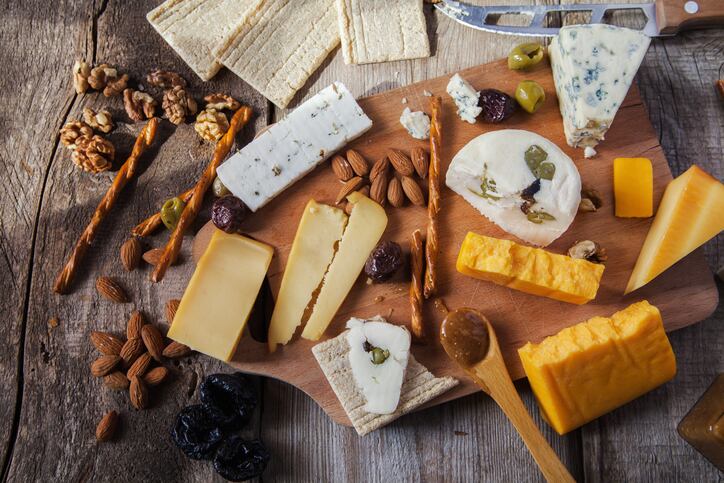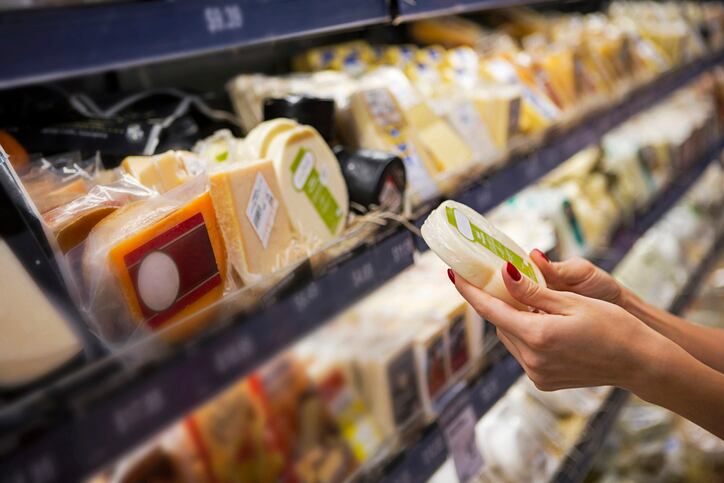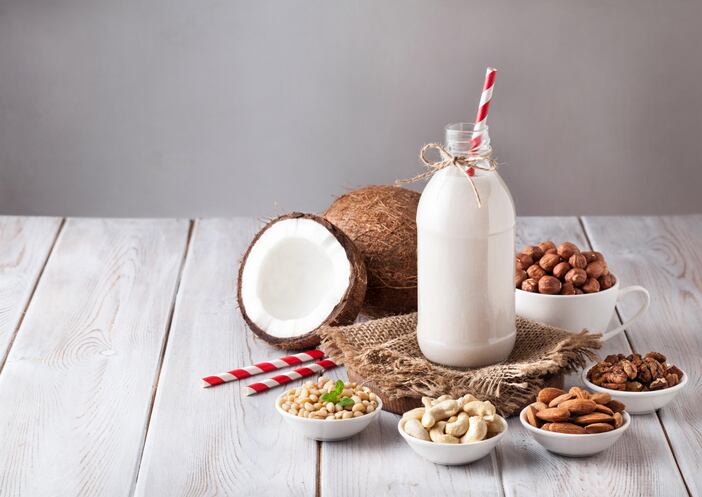The ACS represents farmstead, artisan and specialty cheesemakers throughout the Americas, as well as the vertical market of distributors and retailers. They have accumulated 2,400 members since forming in 1983 and want to be the leader in promoting and supporting American cheeses.
Recent reports of a record 1.4 billion pounds of cheese surplus sitting in US cold storage sparked talk in the dairy industry about causes, effects and solutions. But it’s not unusual to have excess cheese, particularly in times of low fluid milk prices and sales.
Overlapping cheese consumption
According to Nora Weiser, executive director of ACS, commodity producers make much of the large chunks of cheese seen in retail and supplied to restaurants. This is predominantly the cheese that builds up in surplus and that is facing low pricing and demand challenges.
Smaller, specialty cheesemakers are struggling with a different issue--not always being able to meet demand. Artisan cheese is primarily produced by hand in small batches using fewer mechanical processes than mass production.
The fluid milk pricing crisis hasn’t impacted ACS members in the same way as other big players. Farmstead cheesemakers locally producing goat’s milk brie, for example, aren’t running into surplus problems.
But Weiser still believes it can affect the specialty industry. With more cheese out in the market, or cheese that is drastically discounted, overall sales will be impacted. She recognizes that consumers who buy commodity cheese and those who buy specialty cheese are not mutually exclusive.
“The same consumer who purchases shredded mozzarella to make a pizza at home, also might purchase a selection of specialty cheeses for a dinner party. There’s a lot of overlap in how people consume cheese,” she told DairyReporter.
But cheese is the largest single category of specialty food in the US and it continues to grow. Young consumers in particular are looking for natural and locally-made products. They are moving away from processed cheeses and processed foods in general.
That has resulted in much of the dairy industry’s recent growth stemming from artisan, specialty cheese. Weiser finds it “interesting to see that there’s more demand in some areas but an excess in others.”
The ACS analyzed US cheesemakers in its annual survey and found that 92% of cheesemakers said maintaining profitability is a current area of concern. Profit margins are slimming, and 24% of cheesemakers reported annual gross revenues of less than $50,000 in 2017.
“It’s always difficult for small businesses to compete with big businesses, that’s just the nature of it. It’s not good or bad, it’s just different and difficult. A big box retailer can carry more options at a lower price than a specialty retailer, regardless of what they’re selling,” she said.
Promoting dairy representation
Ahead of last weekend’s Super Bowl in the US, the Dairy Farmers of Wisconsin projected Americans would purchase 88m pounds of cheese leading up to the big day. It’s one of the largest ‘food holidays’, and the average annual cheese consumption in the US has more than tripled since 1970.
Large-commodity cheese always has a place at the Super Bowl snack table in popular dishes like pizza, nachos and dips, and smaller-scale dairy was represented as well this year. Cheese sales always spike around the time of the Super Bowl, but with the current state of the industry, big dairy was looking for a major push.
Dairy Management Inc.(DMI) took advantage of the weekend’s advertising power by releasing a few 30-second commercials that appeared on Facebook. The spots further DMI’s Undeniably Dairy campaign, which was created “to grow trust in and relevancy of dairy.”
The ads use a football theme, with referees reviewing plays in a ‘dairy replay booth’ that encourages real dairy consumption. Undeniably Dairy also produces articles featuring the stories of dairy farmers for its Dairy Good website.
Specialty cheese snack brand Whisps opted to wait until the morning after the Super Bowl to drop its own dairy ad. The 15-second commercial promotes the baked cheese crisps as a solution for ‘guilt-free snacking.’
Jim Low, executive VP of marketing at Whisps, said "This clip is just the start of a media blitz. We'll be taking our message of guilt-free snacking across the Internet and inviting our fans to share their own moments. After all, people should be able to enjoy their snacks without feeling bad or confused by the ingredients.”




